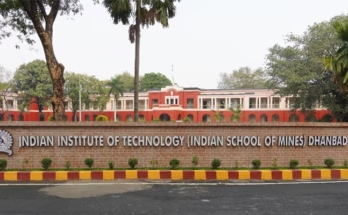
RNS: The world’s first hypersonic jet, capable of flying from London to New York City in approximately one hour, is preparing to enter testing phases; is set to take to the skies for its inaugural test flight in 2025. This development comes more than 20 years after the last flight of the Concorde, which faced challenges due to regulations against high-speed travel caused by sonic booms.
The limited progress in supersonic commercial travel can be attributed to the high costs of technology, making tickets affordable primarily for the wealthy. However, renewed interest in hypersonic flight technology suggests a potential revival in fast travel.
According to the media report, last week, startup engineering firm Venus Aerospace introduced an engine designed for hypersonic speeds. This technology is expected to enable jets to travel at over 3,000 miles per hour, or Mach 5, drastically reducing the London to New York distance of 3,461 miles to about one hour—about a third of Concorde’s record time of 2 hours, 52 minutes, and 59 seconds.
The innovative engine, named the Venus Detonation Ramjet 2000 lb Thrust Engine, or ‘VDR2,’ is slated for a test flight next year in collaboration with aerospace company Velontra. Together, they aim to “unlock the high-speed flight economy” for both commercial and defense aviation, it reported.
This hypersonic jet will operate at higher altitudes than conventional aircraft, initially taking off with traditional jet engines before switching to rocket propulsion at cruising altitude. While it won’t technically reach the edge of space, it will soar high enough to witness the curvature of the Earth against the backdrop of space.
At the Up.Summit unveiling, Venus Aerospace co-founder Andrew Duggleby emphasized the significance of the new engine, stating, “This engine makes the hypersonic economy a reality. We are excited to partner with Velontra to achieve this revolution in high-speed flight, given their expertise in high-speed air combustion.”
Eric Briggs, Chief Operating Officer of Velontra, expressed enthusiasm for the project, saying, “We can’t wait to make the first one fly and ultimately refine an engine concept that has primarily existed in textbooks. We couldn’t think of a better partner than Venus, as they are ready to tackle the challenges in rocketry.”



